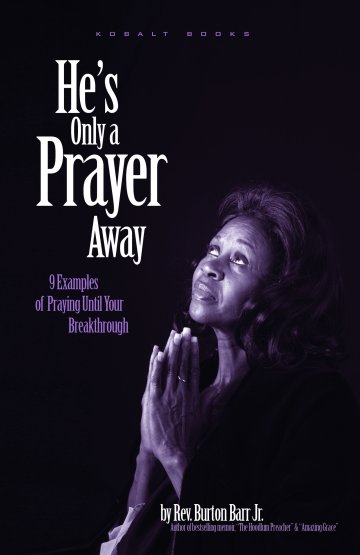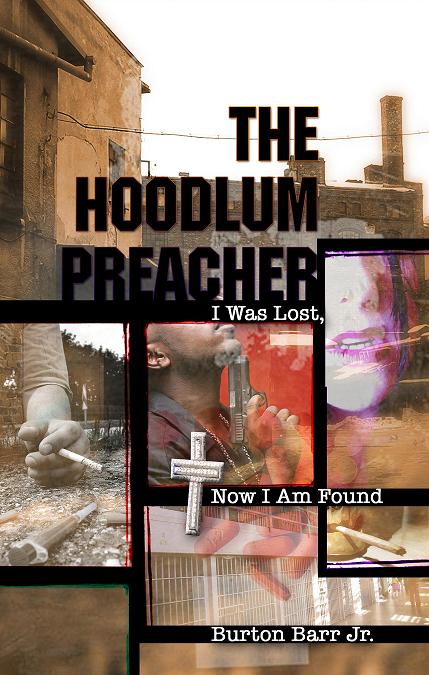“I see a young Negro girl. She is sitting on the stoop of a rickety, wooden one-family house in Birmingham. Some visitors would call it a shack. It needs paint badly and the patched-up roof appears in danger of caving in. Half a dozen small children, in various stages of undress, are scampering about the house. The girl is forced to play the role of their mother. She can no longer attend the all-Negro school in her neighborhood because her mother died recently after a car accident. Neighbors say if the ambulance hadn’t come so late to take her to the all-Negro hospital, the mother might still be alive. The girl’s father is a porter in a downtown department store. He will always be a porter, for there are no promotions for the Negro in this store, where every counter serves him except the one that sells hot dogs and orange juice.”
Those are the opening words of Dr. Martin Luther King, Jr. in his best-selling book, “Why We Can’t Wait.” He was describing the living conditions of a race of people in 1963. He was trying to tell a group of passive, Christian ministers why it was important to stand up for what was right without delay. A lot of things have changed since then. Unfortunately, too many things remain the same. Children are being murdered on the streets of our cities. War has been declared on our nation’s poor. Hatred is prevalent all across this country. Prisons are bursting at the seams. And all the while, many of our pastors are preaching sermons about, “Bye-and-bye, when the morning comes.”
Jesus told us to “Go.” Not “Wait.” What are we waiting for? This country is full of people who are lost and hurting. Drugs have taken over our communities. Unemployment is at an all time high. Food pantries cannot keep up with the demand. Thousands of families are without gas and electricity because they cannot afford to pay their utility bills. Many of our seniors have to choose between buying food and buying the medicines they need. Children are suffering from sicknesses and diseases, and their families can do nothing about it because they don’t have healthcare. Our boys are being exposed to first-class jails and second-class schools, and if we are not very careful, there will soon be more jails and prisons in this country than there are colleges and universities.
Dr. King ended his introduction with these words: “The boy in Harlem stood up. The girl in Birmingham arose. Separated by stretching miles, both of them squared their shoulders and lifted their eyes toward heaven. Across the miles, they joined hands and took a firm, forward step. It was a step that rocked the richest, most powerful nation to its foundations.”
What about the rest of us? Are we going to stand up and join hands with them? Or are we still waiting for, “That great getting up morning, bye-and-bye?”



Rev. Burton Barr's Trilogy on KINDLE Now!!!

No comments:
Post a Comment